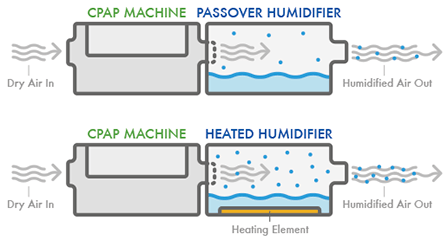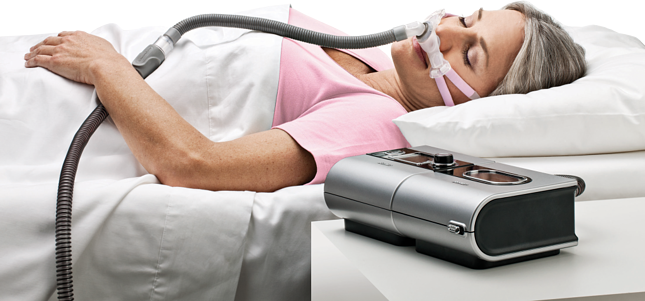News
Humidifiers Demystified
When you suffer from sleep apnea, a surefire solution is getting a CPAP machine. With its pump, mask, and tubes, the device sends air continuously along the tube into your mask, which keeps your airways open throughout the night. And that means a great night’s sleep.
However, there may also be issues with sleep apnea machines. That increased airflow certainly improves your sleep, but depending on the brand and your body’s reaction, you can encounter some problems. These include increased mucus production, congestion, sneezing, and dryness. If left untreated, you could even suffer from bleeding, which in turn could lead to infection. And that would definitely affect your sleep!
The answer? Using a humidifier. And you can choose the one that is right for you. For example, some humidifiers attach directly to sleep apnea machines, some can be integrated with your CPAP, while others are stand-alone machines. Regardless of the type, the humidifiers are small and relatively unobtrusive.

How does it work? The idea is that the humidifier adds moisture to the air that is being sent into your airways to reduce the dryness, and therefore the other symptoms that come along with dryness. Some machines also heat the moisture. You can control the amount of humidity that you receive to ensure that you get the best sleep possible.
As with any machine, your CPAP humidifier requires some basic maintenance. For instance, you need to use distilled water only, which helps prevents mineral buildup and keeps your humidifier stay safe and clean. You also need to rinse out the chamber every morning.
If you find that your CPAP machine is causing excessive dryness, a humidifier can help. Look for the type that is right for you, and get a good night’s sleep every night.
Looking For A New CPAP Machine & Mask? View Our All-In-One CPAP Package On Sale Today!



